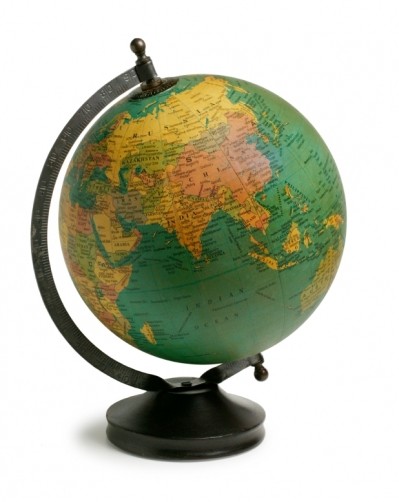Asian market for immune health ingredients to surge

According to Sandeepan Mondal, senior research analyst with Frost & Sullivan, Japan and South Korea are mature and highly competitive markets in Asia when it comes to the majority of immune health ingredients like probiotic cultures, vitamin C and medicinal mushroom ingredients.
"For prebiotics and yeast beta glucan, Japan and South Korea hold a good potential in the future. For four immune health ingredients (probiotics, medicinal mushroom ingredients, vitamin C and yeast beta glucan), the South East Asian region will be a major market in the next 10 years," he said.
"But, Japan will continue to lead the market in value and volume terms if we consolidate all the immune health ingredients market together, for the next five years," he added.
Growth drivers
Mondal said the main factors driving the immune health ingredients market in Asia Pacific are frequent disease outbreaks and prudent marketing strategies.
"The majority of immune health ingredients market can be attributed to lifestyle and health related issues since Asia Pacific has been a victim of a series of disease outbreaks including SARS, bird-flu and H1N1 in this decade. And moreover, as health related expenditures are also rising, consumers are resorting to preventive measures rather than reactionary ones," said Mondal.
Mondal noted that the immune health ingredients market has moved on from mere vitamin and mineral supplements to include a range of gut health ingredients.
"In addition, manufacturers have been successful marketing the immunity concept in the kids’ nutrition sector through clinical trials in Asia Pacific," he said.
What will it take for manufacturers?
According to Mondal, consumers in the Asia Pacific market except for Japan, South Korea and Australia are price-sensitive, something that immune health ingredient manufacturers would do well to take note of, but these three aforementioned markets are either experiencing saturation or are on the verge of it.
"For tapping into potential growth markets of Thailand, Malaysia, Singapore, Philippines and Indonesia, immune health ingredient manufacturers need to source less expensive raw material for manufacturing these ingredients so that they can sell them at a lower price [which would justify the price premium or profit margin] as compared to developed countries," he said.
"But at the same time, a strict adherence to good manufacturing practices as well as compliance to the food and drug safety standards [as propounded by the governing body] is essential," he said.
Mondal suggested that manufacturers could establish joint ventures with raw material suppliers which would ensure long term supply and rein in price fluctuations. At the same time, they could either go for the direct marketing route (like Amway) or tie-up with a marketing partner which would oversee distribution, he said.
"Manufacturers should try to integrate the immune health ingredients in traditional foods and beverages which would be compatible with the eating habits of the Asian consumer," said Mondal.
Marketing to play a more prudent role
Mondal said marketing will play a major role in differentiating immune health products.
"Marketers need to build a robust brand image for their product which would negate the effects of negative publicity associated with spurious products," he added.
Marketers, according to Mondal, can also choose to either sell a particular immune health ingredient in stand-alone supplement format or multi-blended supplements.
"In addition to advertising the immune health benefits, these products can also highlight additional benefits which are directly or indirectly related to immune health improvement like prebiotics does, which is seen as both an immune health ingredient as well as a digestive health ingredient," he said.
The IP challenge
Mondal said there is concern over intellectual property (IP) protection, as it is weaker in the South East Asian region than in Japan, South Korea or Australia.
"Such weak implementation of IP protection in these countries leads to a grey market in which spurious products are sold which don't really adhere to the good manufacturing practices followed by the multinationals. Such spurious products may also contain high toxicity levels which may ultimately hamper the health of the consumer," he said.
According to Mondal, only effective implementation of IP laws by countries’ governing bodies can help counter such violations, while multinational corporations can form a consortium through mutually agreeable terms and conditions and lobby their IP protection needs to the relevant authority.

















